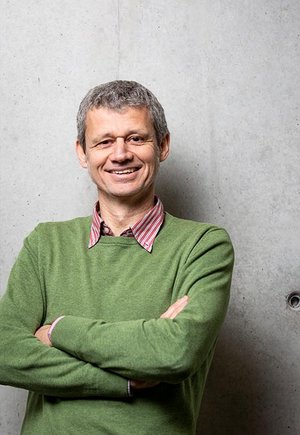
Intro
Transformations in contemporary societies are mainly related to the worldwide phenomena of dissolution of borders, or of different cultural, social and political dynamics that cause national borders to shift, be redrawn or removed. These processes of complex interplay within, between and across states and societies are investigated by the 115 members of the main research area “Transformation of Contemporary Societies”. They are supported by the research structures of five faculties (Education, Humanities, Social Sciences, Business Administration, and Economics), seven central scientific facilities, and four affiliated research institutes.
Much of the work taking place in our main research area falls into four partly overlapping thematic fields:
Transnational Labour Markets: Analyses how work and production are institutionally organised and influenced under the changing circumstances of transnational labour markets (cross-border workforce mobility, globalisation of production sites and workplaces, etc.).
Governance: Analyses how complex organisations, such as societies and states, are governed on a national, transnational or global level, with respect to their possibilities and limitations.
Risk and Welfare: Analyses the transformation of risk and welfare structures for individuals and societies, within and across the boundaries of the nation-state, caused by global challenges such as tertiarisation and demographic or climate change.
International Migration: Analyses the forms and causes of migration in the countries of origin and destination and its consequences on a cultural, social, economic and political level.
The work in our main research area aims to arrive at a meaningful analysis of “order under borderless conditions” from a regional, global and comparative international perspective, and to develop the methods of enquiry into such phenomena for interdisciplinary work. By using its network and research funding lines three main goals are pursued:
to facilitate interdisciplinary exchange between the relevant disciplines and faculties
to initiate and support cooperative and larger-scale research projects and alliances
to support and promote early-career researchers in developing their research profiles


